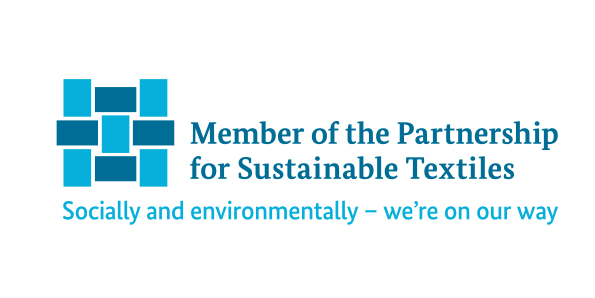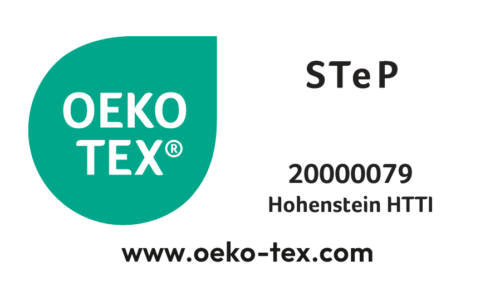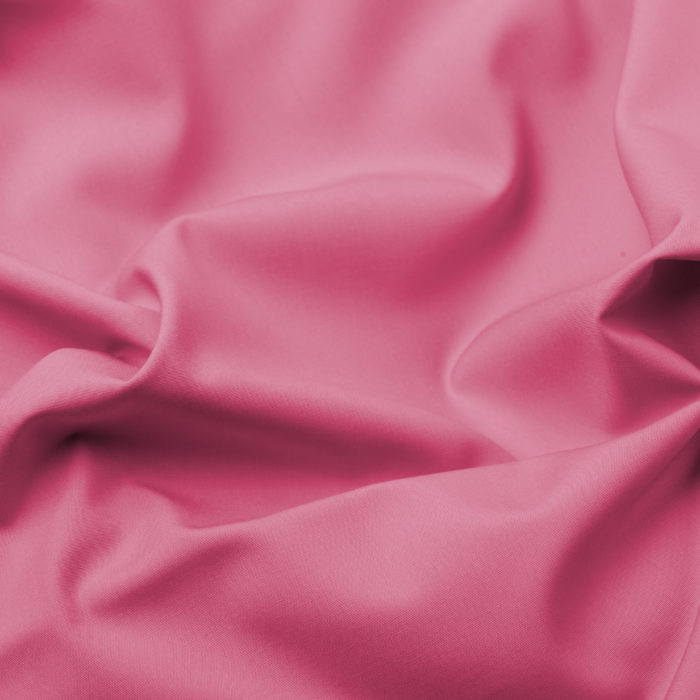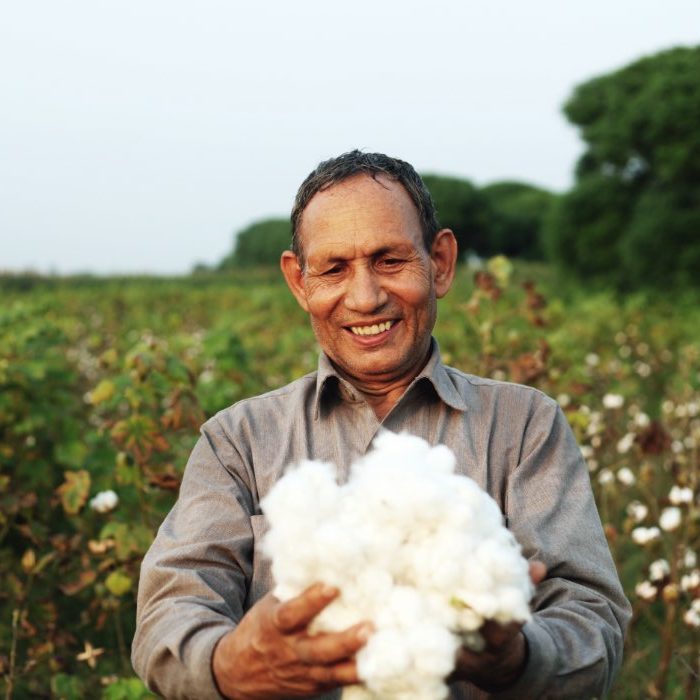Our supply chains
Sustainability in the textile industry means much more than just processing ecologically produced cotton. It poses particular challenges for companies at every stage of the value chain.
Our approach:
Risk-based supply chain management
The most important components of our products are raw fabrics as well as dyes and auxiliaries. The supply chains of these two components pose a wide range of sustainability challenges for us. This includes, among other things, compliance with human rights due diligence obligations or the avoidance of negative environmental impacts along the supply chain.
We take a risk-based approach to our supply chain management. The basis for measures and requirements is the country risk analysis. For countries from which we procure directly or indirectly, the risks of potentially negative sources of impact on people and the environment are determined using a wide range of indicators. The evaluation of all indicators yields the level of country risk. Depending on the level of this risk, suppliers must meet certain requirements in order to work with us. This includes, for example, the commitment to our Code of Conduct, the submission of various certificates, and a willingness to adopt a certain degree of transparency.
Downloads
“100% of our suppliers from high-risk countries are certified according to recognised environmental or social standards.”

Our supply chain profile
support us in the procurement of raw fabric.
Raw fabric producers supply us.
we procure: Germany (1x), Turkey (1x), Pakistan(6x)
is the average duration of any cooperation
of suppliers are OEKO-TEX® Standard 100-certified
Raw fabric
We exclusively process high-quality raw fabric made of long-staple fibre materials, whether cotton, polyester or lyocell. We buy about a third of our raw fabric from just next door: At a spinning and weaving mill that belonged to our company until 2011 and is only two rolling gates away. We source other fabrics, especially ring yarn, with the support of our long-standing partners from Pakistan and Turkey. We have been working together with most of the producers for many years. The average duration of any cooperation with raw fabric producers is more than eight years. The basis of our cooperation is the Kettelhack raw fabric standard. Not only the quality requirements, but also ecological and social requirements are laid down here. Depending on the country risk, relevant certificates in accordance with recognised standards are mandatory for new additions to our supplier portfolio.
We actively involve the agencies, in particular, in our sustainability management approach. This is because they are in direct contact with the producers on site. Whether through a process of bilateral exchange, joint events or the dissemination of information materials – we want to bring all stakeholders on board and support them in the implementation of sustainability requirements.

Our standards:
Dyes and auxiliaries
Without dyes, there can be no coloured, high-performance fabrics – but the selection and use of the necessary chemicals are carried out by us with special care and due consideration of ecological standards. We source our dyes and additives from reputable suppliers in Germany, the Netherlands and Switzerland. Especially with regard to compliance with the many requirements in the area of chemicals, close cooperation with our suppliers is a decisive factor. Here, too, we rely on long-standing cooperation in a spirit of partnership. When selecting products, the focus is not only on suitability and quality but also on other factors, e.g. emission data, AOX content and also product certifications.
You can find more information on our chemicals management →here.


Garment assembly
Hotels, as well as hospitals and nursing homes, rely on our bed linen. Because at Kettelhack we know what matters: quality, function and comfort. In addition to using a first-class fabric, it is also a matter of the garment assembly.
In addition to our sample production at our location in Rheine, we work together with production companies from Poland and Bosnia Herzegovina. Our (in part) long-standing cooperation and partnership is an important basis for the high-quality end result. Garment assembly in Eastern Europe saves long distances, and the risks associated with potentially negative sources of impact on people and the environment are lower than in Asia.
Further articles on the topic
Our fibre stars
The high quality and durability of our fabrics already contribute to sustainability. Because the more ...
Fairtrade cotton
The independently controlled Fairtrade label stands for the support of small farmers and workers in the...
Our supply chains
Sustainability in the textile industry means much more than just processing ecologically produced cotton. ...





